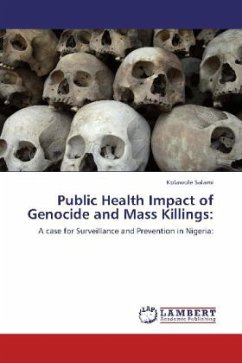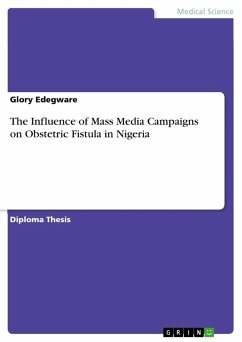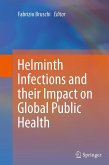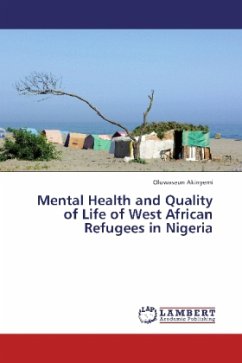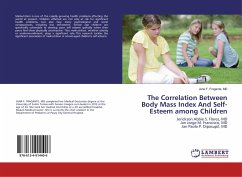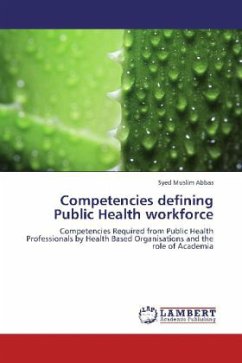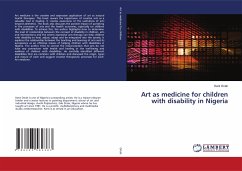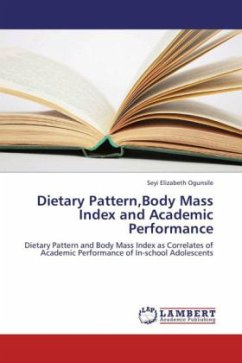Nigeria, with an estimated 150 million people belonging to some 250 ethnic groups and separated by an ever widening gulf between Christians and Muslims,is one of world's most volatile nations. This is an attempt at a critical analysis of the precursors and determinants of genocidal conflicts in a country where ethnic and religious motivated massacres claim more lives than many infectious and non-communicable diseases. The book draws a parallel between Nigeria and similar African nations that have witnessed genocidal killings and highlights the precursors and trigger factors that led to genocide in those countries as well as the peculiarities of Nigeria as presently structured that makes her a candidate for such incidences. It tries to estimate the impact a major genocide will have on Nigeria from the humanitarian and health system perspective. The potential role of public health professionals and how they can use the knowledge and concepts of epidemiology to predict and prevent genocide or mitigate its public health impact are highlighted. This book will be of interest to public health physicians, students of conflict epidemiology/management, sociology, politics and public policy.
Bitte wählen Sie Ihr Anliegen aus.
Rechnungen
Retourenschein anfordern
Bestellstatus
Storno

